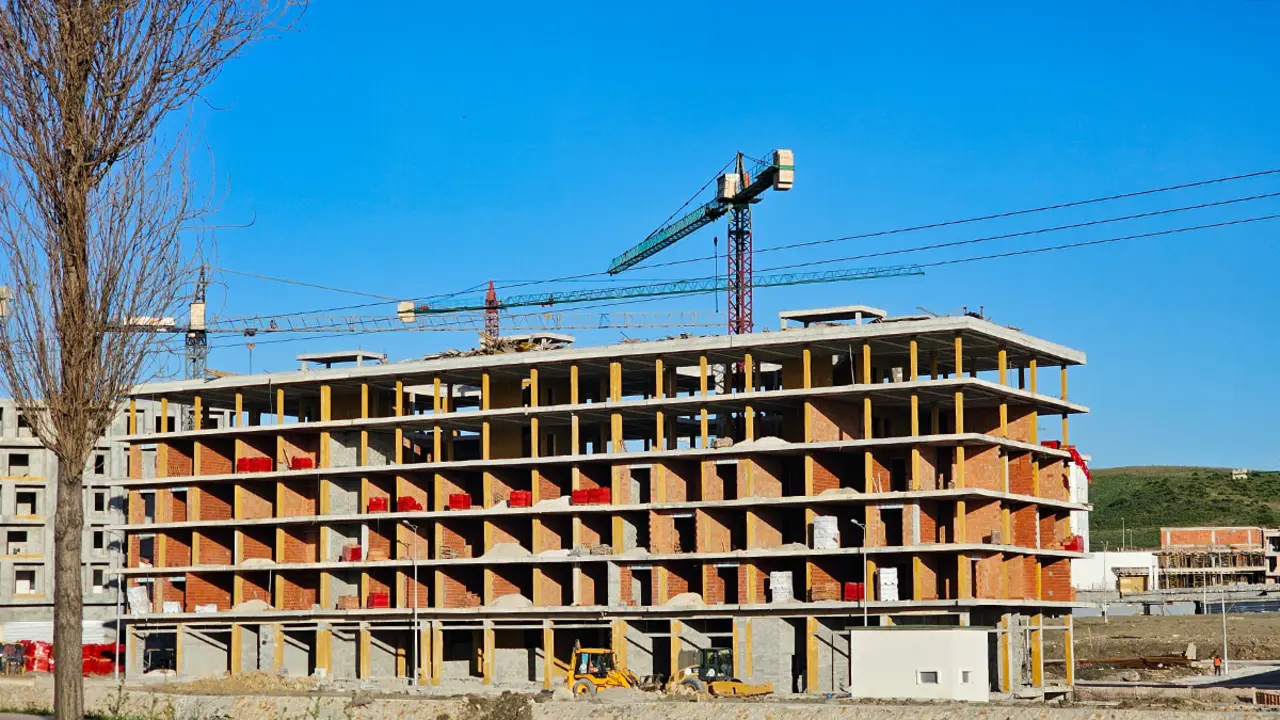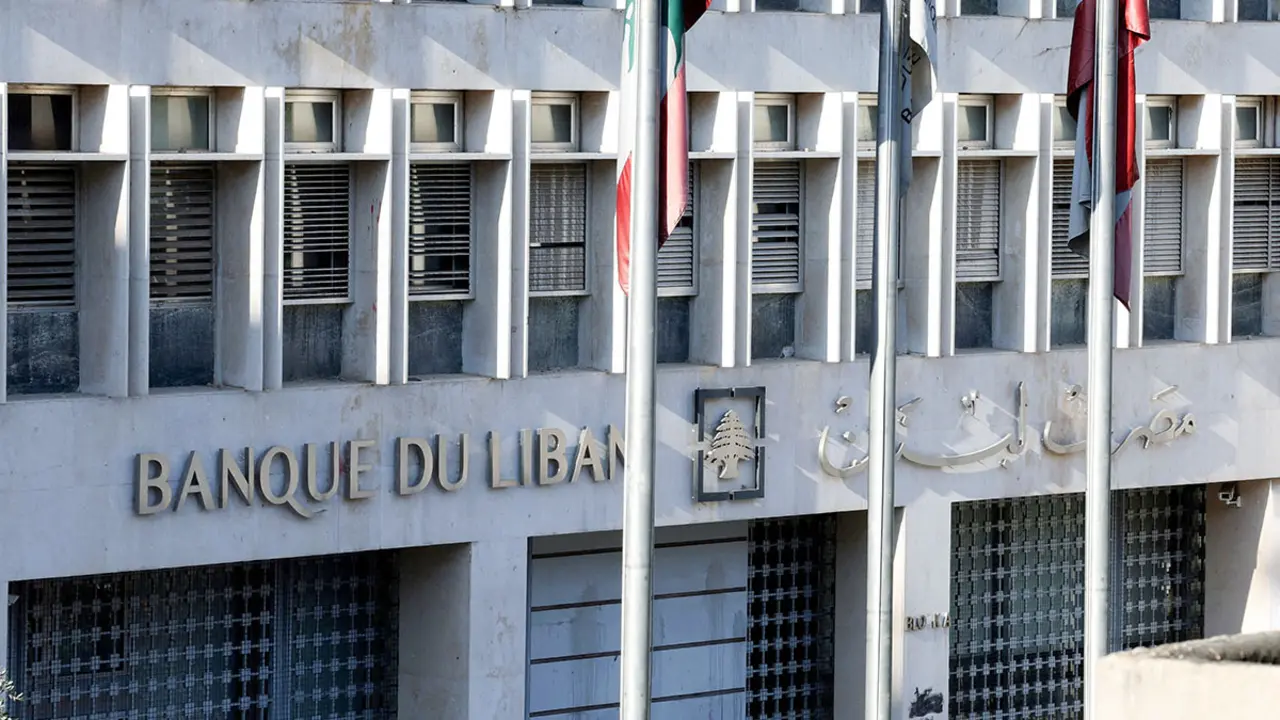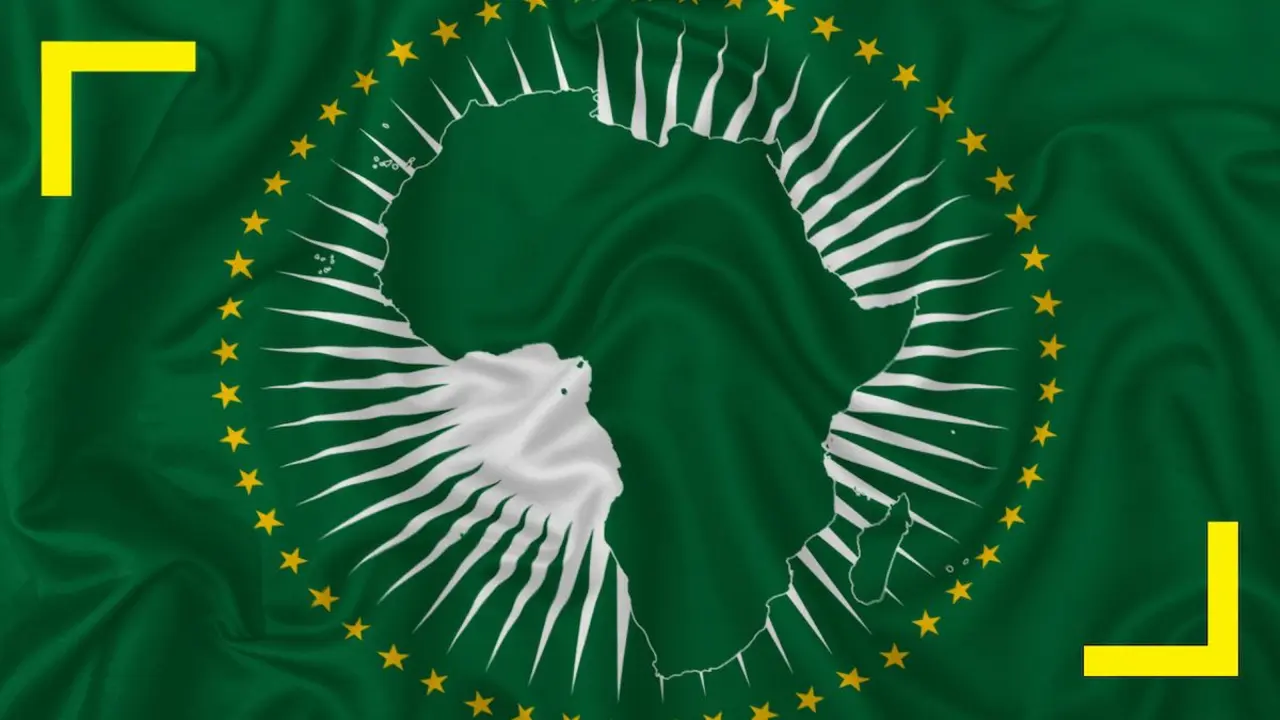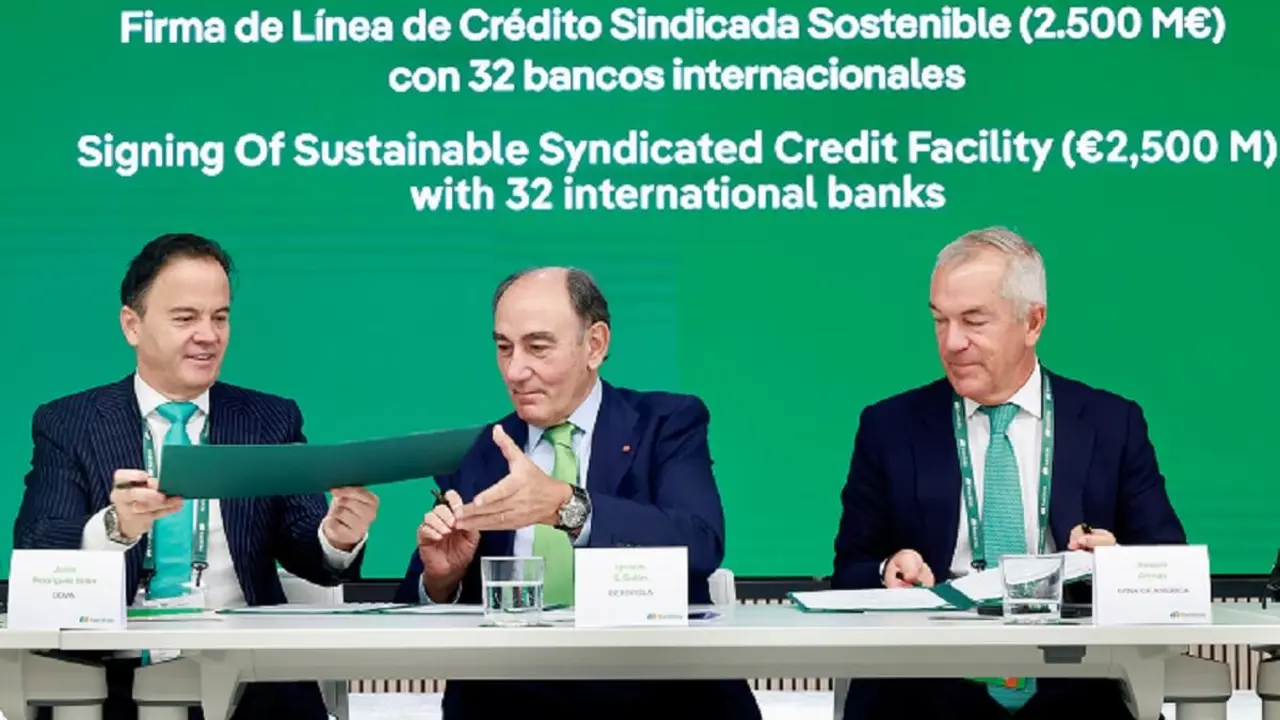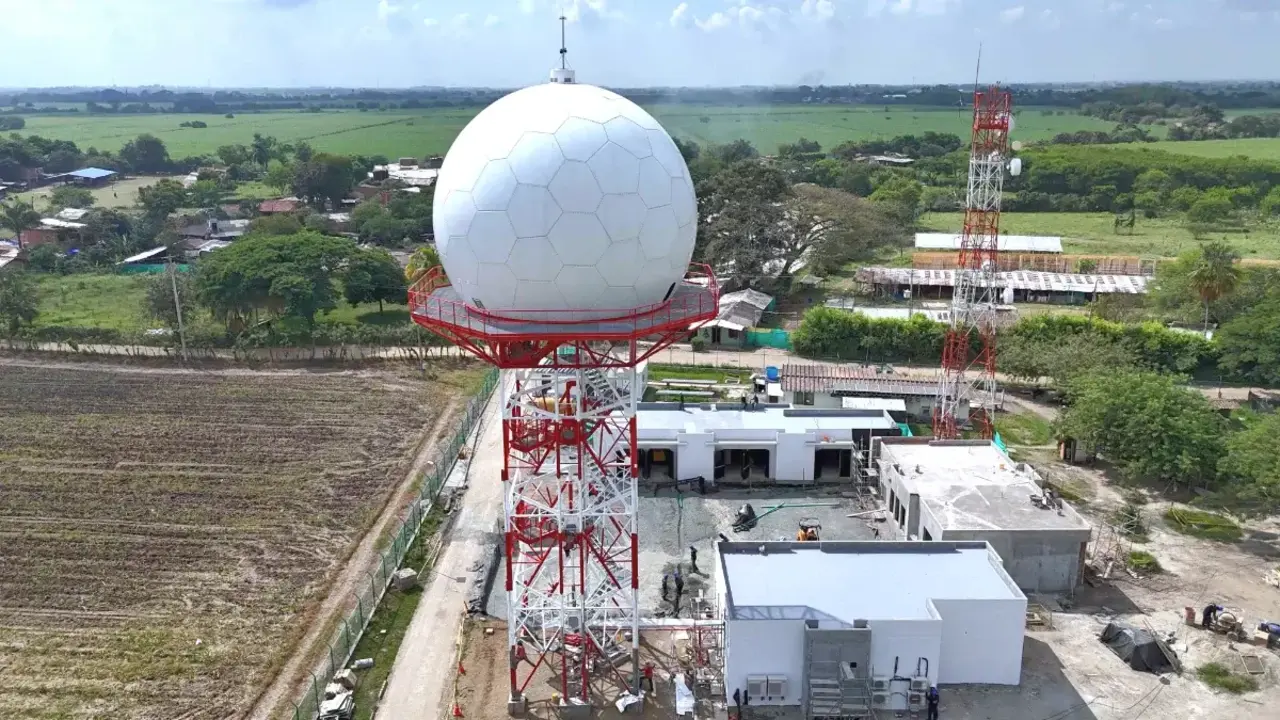The United States sanctions those allegedly involved in the oil embargo "network”
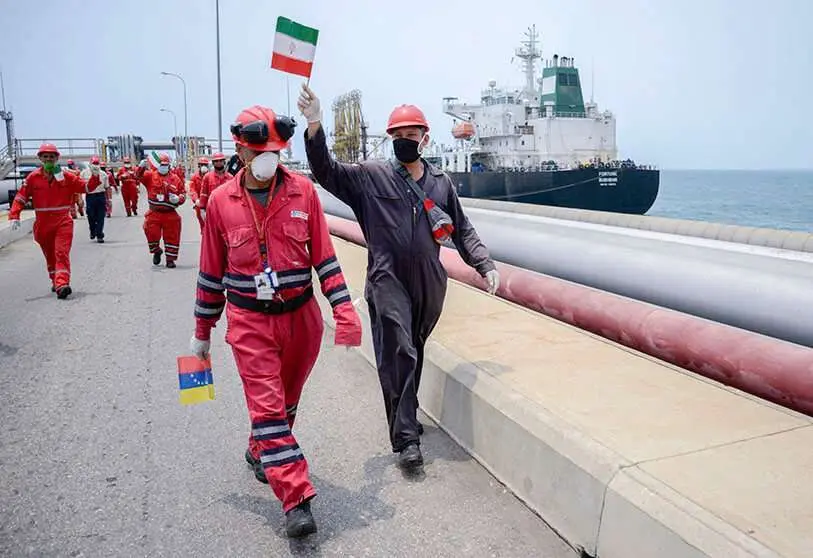
The US Treasury sanctioned a number of European oil traders and crude oil tankers. They have been sanctioned on the charge of helping a Mexican network work with Venezuela to evade the US embargo and move its oil to Asia and other parts of the world.
These new sanctions from the Treasury's Office of Foreign Assets Control came on the last day of President Donald Trump's term in office. Previously the Trump Administration had sought to increase sanctions on Venezuela and tighten them in anticipation of the Biden Administration's entry.
They targeted three individuals, 14 entities and six ships for their links to a network allegedly trying to evade U.S. sanctions on Venezuela's oil sector. Participants on the Mexican side of the network were sanctioned last year.
Among those punished are the Maltese-based oil trading firms Swissoil Trading and Elemento Ltd., as well as Swissoil's owner Philipp Paul Vartan Apikian, Venezuelan-Spanish citizen Francisco Javier D'Agostino Casado, and central facilitator and Italian citizen Alessandro Bazzoni. The sanctions claim that Bazzoni connected Elemento and Swissoil to the Venezuelan state oil company, PDVSA, for the sale of Venezuelan heavy crude oil. D'Agostino allegedly represented the Venezuelan state oil company in the deals.
Treasury Secretary Steve Mnuchin said in a statement that the "illegitimate regime" of Nicolás Maduro, who is no longer recognised by Washington as president of the South American country, "continues to use Petróleos de Venezuela SA (PDVSA) as the main channel of corruption to exploit and profit from Venezuela's natural resources."
He also announced that "those who facilitate the attempts of Maduro's illegitimate regime to evade US sanctions contribute to the corruption that consumes Venezuela". He also added that "the United States remains committed to targeting those who allow the Maduro regime to abuse Venezuela's natural resources."
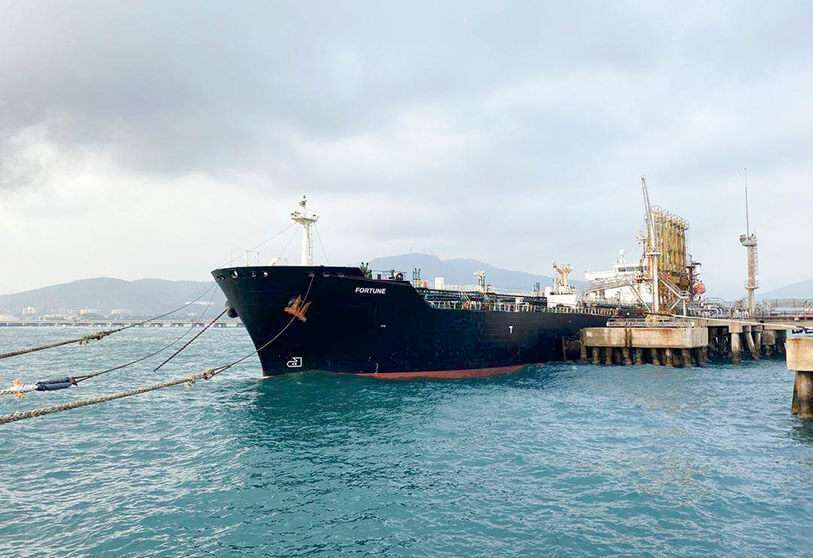
He announced punitive financial measures against "new organizers and facilitators linked to the network based in Mexico" who were already sanctioned in June for the illegal sale of Venezuelan oil.
The Russian-flagged oil tankers Sierra and Maksim Gorky, the Cameroon-flagged oil tankers Balita, Domani and Freedom, and the Liberian-flagged Baliar are among the vessels sanctioned for transporting Venezuelan oil.
According to Kpler ship tracking software, Maksim Gorky last delivered Venezuelan oil on 29 December to Cilap, the Indonesian refinery. While Sierra made its delivery on December 22nd to the Chinese terminal of Longkou Liquified Chemicals. The latter, Balita, also delivered Venezuelan crude to Longkou on 22 October, according to Kpler.
Kpler's data show that Domani and Freedom last delivered Venezuelan crude oil on January 7 and January 8, respectively, to the Linggi International Floating Transshipment Centre on the high seas of Malaysia, where the oil can be transferred by lighting. The Baliar, catalogued as Legacy by Kpler, allegedly delivered Venezuelan crude to the Dongjiakou terminal in China.
Other entities sanctioned are all companies owned or controlled by Bazzoni, D'Agostino or Elemento, including 82 Elm Realty and Catalina Holdings Corp. based in New York.
The State Department and the Treasury said the actions were focused on those with major relationships with a Mexican network that conspired with Nicolas Maduro's oil minister, Tareck El Aissami; broker Alex Nain Saab Moran was also charged with negotiating sales and money laundering.

